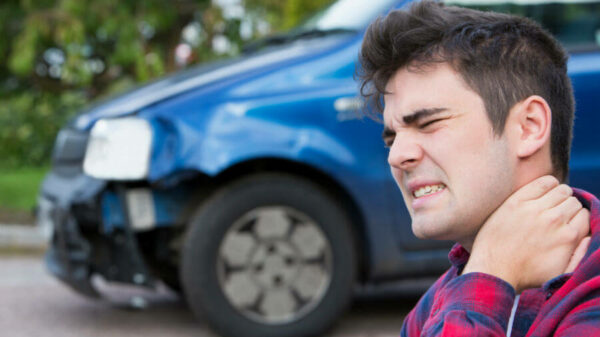Patients and others using CBD-only formulations don’t have to worry about failing roadside drug tests, according to new research.
A study by Australian researchers published in the journal Wiley Analytical Science shows that orally administered CBD doesn’t appear to produce false-positive, or true-positive, tests for THC on the widely used Securetec DrugWipe 5S (DW-5S) or Dräger Drug Test 5000 (DT5000).
Therefore the likelihood of someone using a CBD-only oral formulation being falsely accused of a driving impairment offence appears low, researchers say. But more study is needed to determine whether inhaled CBD and formulations with small amounts of THC could trigger positive tests.
Whereas driving high on THC is banned in many jurisdictions, taking CBD — a non-intoxicating cannabinoid — is not. And while some experts question the validity of determining impairment via THC detection in the body, a few such devices are widely used by law enforcement to determine just that.
Read more: Landmark study first to show low-dose CBD doesn’t impair driving
Read more: Stoners drive less impaired than doobie newbies
But as CBD has become a popular medication and wellness remedy, researchers wanted to know if the cannabinoid could be mistaken by these devices for its intoxicating cousin.
Data was collected from 17 “healthy” men and women between 18–65 years who hadn’t consumed cannabis in the past three months.
Participants completed four treatment sessions with oral intake of either placebo, or 15, 300 or 1500 milligrams of CBD. Saliva samples were collected to determine that subjects were drug-free pre-experiment, and that CBD was present in their systems after the intake sessions.
The product used was GD Cann-C, a synthetic CBD product made by Australian company GD Pharma, dissolved in MCT oil. The doses were also administered in a high-fat supplement to increase bioavailability.
After the dosing, tests via the DW-5S and the DT5000 generated no positive results.
Expect the same roadside test results for synthetic and plant-derived cannabinoids
Even though synthetic CBD was used, researchers say the results apply to naturally derived CBD as well.

Danielle McCartney’s main role at the Lambert Initiative is to coordinate clinical research into the effects of cannabidiol on simulated car driving performance. Submitted photo
“We would expect to see the same or similar results with plant-derived CBD, as long as the plant-derived CBD product was highly purified (i.e., contained only trace amounts of THC and other cannabinoids),” explains Danielle McCartney, study co-author and postdoctoral research associate at the University of Sydney’s Lambert Initiative for Cannabinoid Therapeutics.
“This is because, chemically, synthetic CBD (provided it is the (-)-CBD enantiomer) is no different from plant-derived CBD. That said, ‘full-spectrum’ CBD extracts that contain small (but more than trace) amounts of THC (i.e., 1–5 mg) do have the potential to elicit true-positive roadside drug tests — although some research would suggest this is unlikely to occur,” McCartney tells Mugglehead in an email.
She also says that the roadside tests are designed to detect plant-derived as well as synthetic THC, but shouldn’t pick up other cannabinoids.
“Given that synthetic THC (provided it is the (-)-trans-delta-9-THC enantiomer) is no different from plant-derived THC, the tests should be equally able to identify both sources. The tests are not intended to detect other cannabinoids whether they be synthetic or plant-derived.”
nick@mugglehead.com














